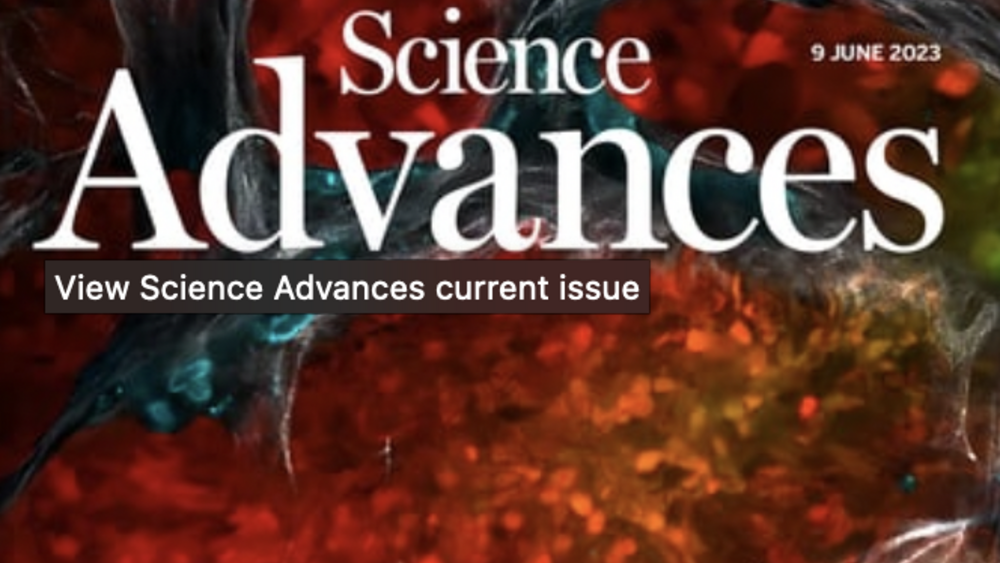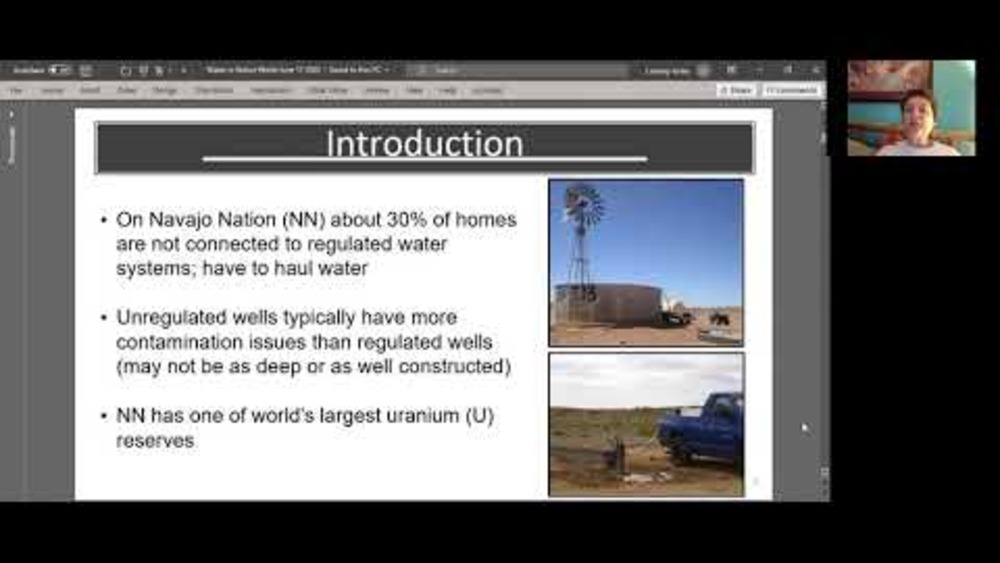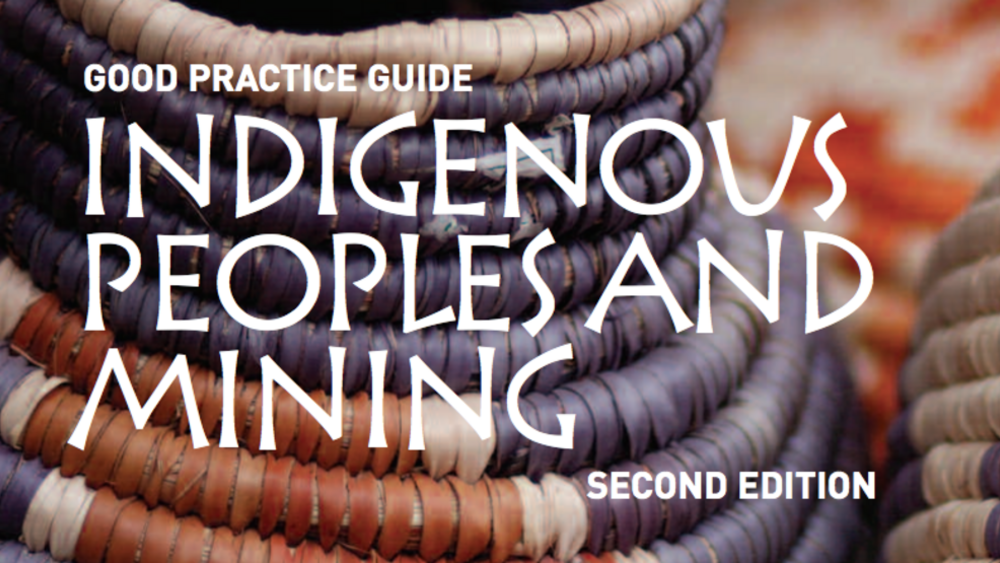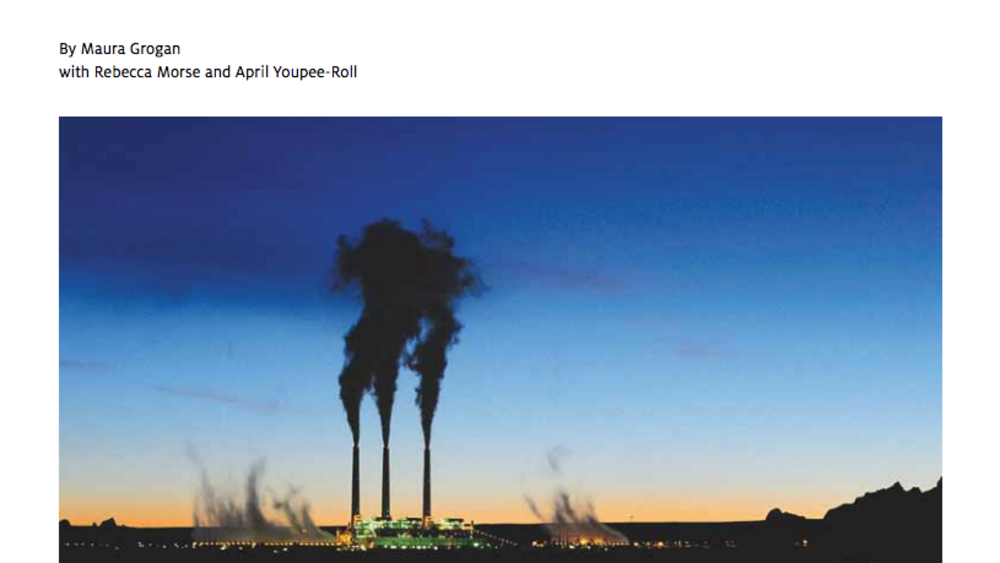Indigenous Governance Database
mining

Global impacts of extractive and industrial development projects on Indigenous Peoples’ lifeways, lands, and rights
To what extent do extractive and industrial development pressures affect Indigenous Peoples’ lifeways, lands, and rights globally? We analyze 3081 environmental conflicts over development projects to quantify Indigenous Peoples’ exposure to 11 reported social-environmental impacts jeopardizing the…

Water in the Native World Webinar Series: Dissolved Uranium and Arsenic in Unregulated Groundwater Sources – Western Navajo Nation
“Water in the Native World,” a special issue on tribal water research was just released by the Journal of Contemporary Water Research and Education. This is the second time, Dr. Karletta Chief, the PI of the Community Engagement Core of the University of Arizona Superfund Research Center (UA SRC)…

On Improving Tribal-Corporate Relations In The Mining Sector: A White Paper on Strategies for Both Sides of the Table
Mining everywhere is inherently controversial. By its very nature, it poses hard economic, environmental, and social tradeoffs. Depending on the nature of the resource and its location, to greater or lesser degrees, the mining process necessarily disturbs environments, alters landscapes, and…

Good Practice Guide: Indigenous Peoples and Mining
It is important that companies take the time to properly understand the communities they work with including their particular context, concerns and aspirations. This Guide aims to assist companies to achieve those constructive relationships with Indigenous Peoples.

Native American Lands and Natural Resource Development
The rules that govern oil, gas and mining on American Indian tribal lands are complex, and the tribes that seek economic development through natural resources face a range of challenges. In this report, Revenue Watch gives an overview of the issues and describes current approaches to natural…
